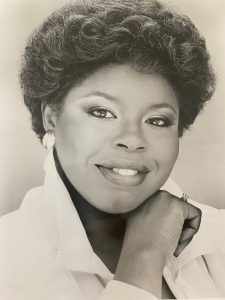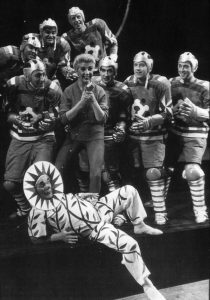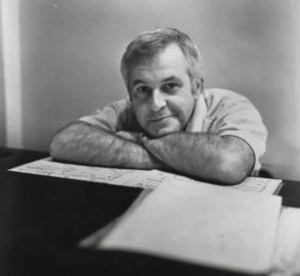Podcast: Play in new window | Download (Duration: 1:13:31 — 85.6MB) | Embed
Subscribe: Spotify | TuneIn | RSS | More
I have been juggling a number of brand new episode ideas for the coming weeks, but when I discovered that Sunday April 7 was the birthday of Marvis Martin, one of my favorite sopranos, I put all those ideas on the back burner and eagerly put together this birthday tribute to a singer who not only is celebrated as possessing one of the most beautiful voices of her generation, but who has also had a long, successful, and unconventional career. For whatever arbitrary reason, Marvis Martin made only a handful of major label recording releases, but, for us lucky persons who live in the age of YouTube, there are a growing number of gorgeous live recordings available that feature this artist in her prime. In some ways she reminds me of Veronica Tyler, whose career I charted in a popular episode of the podcast a few months ago. In the case of the highly respected and frankly marvelous Marvis Martin, we are able to personally present her with the flowers that she so richly deserves. I have curated a wonderful setlist today of mostly live material that includes representative selections from each of the platforms on which her career was focused: opera, concert, and recital, everything from Mozart and Handel to Copland, Rorem, and Barber; from selections from Porgy and spirituals, to Tchaikovsky, Strauss, and Korngold. My dear friend Jerry Hadley appears as a duet partner in a rare live Idomeneo performance and conductors Georg Solti, Henry Lewis, Vladimir Ashkenazy, James Levine, Charles Mackerras, Eve Queler, and Libor Pešek, among others, support this magnificent singer from the podium.
Countermelody is a podcast devoted to the glory and the power of the human voice raised in song. Singer and vocal aficionado Daniel Gundlach explores great singers of the past and present focusing in particular on those who are less well-remembered today than they should be. Daniel’s lifetime in music as a professional countertenor, pianist, vocal coach, voice teacher, and journalist yields an exciting array of anecdotes, impressions, and “inside stories.” At Countermelody’s core is the celebration of great singers of all stripes, their instruments, and the connection they make to the words they sing. By clicking on the following link (https://linktr.ee/CountermelodyPodcast) you can find the dedicated Countermelody website which contains additional content including artist photos and episode setlists. The link will also take you to Countermelody’s Patreon page, where you can pledge your monthly support at whatever level you can afford.






